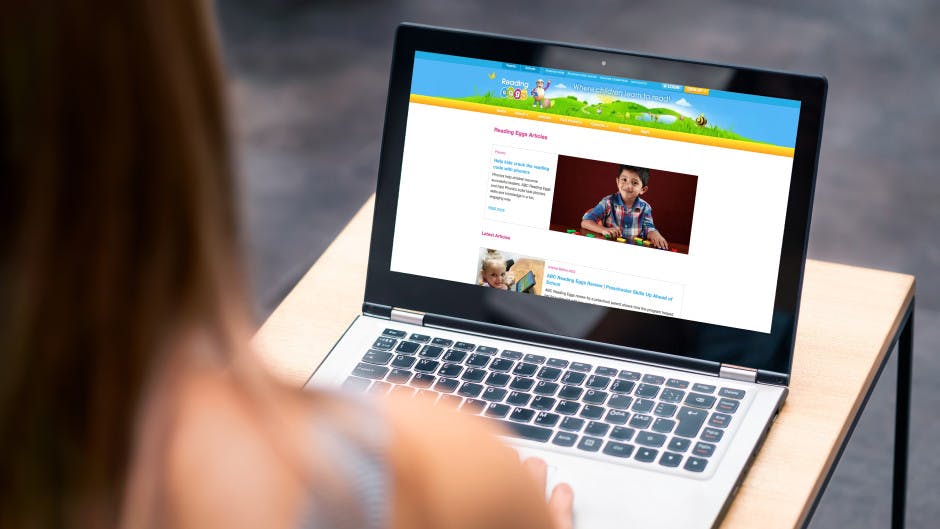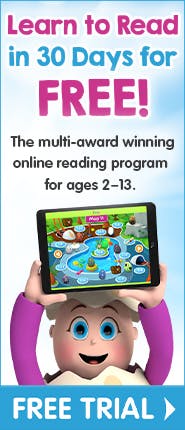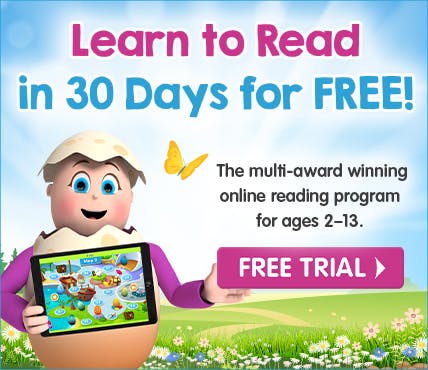


Teach Toddlers to Read

Reading is the most important skill that children can have in their educational ‘toolbox’, so to speak, and the plain truth is, children don’t just ‘pick-up’ reading, they have to learn how to read. And learning to read begins long before the first day of school. While children usually don’t begin to read until they are five or six, there are a variety of pre-reading and pre-literacy activities that help teach toddlers how to read, before they even enter the classroom.
Sing
Sing songs to your child, recite nursery rhymes, even simple songs and rhymes like “Eensy Weensy Spider” and “Twinkle Twinkle Little Star” help your child to pick up important pre-reading skills. Simple rhymes are easy for them to remember and help them develop phonemic awareness, that is, that words are made up of different sounds. Nursery rhymes and little poems like “Baa Baa Black Sheep”, or “Mary had a Little Lamb” are essentially little stories that children can easily remember because of their short length, as well as their lyrical and sing-song qualities.
Play
Play language games with your child. Set up a zoo with stuffed animals and name all the animals. Line up all the toy cars and list their colors. Even playing games like “I Spy” gets kids used to the idea of observing the world around them and using words and language to describe it. The more words kids have in their aural and spoken vocabularies, the larger their word bank will be when it comes time to learn how to read.
Read
If you want your child to read, then one of the best activities you can do with him or her is to read books to them. Read, read, and read some more. If your child is a wiggler and it’s a struggle for them to sit still for long, find books with flaps or pulls, anything that you think might engage them for just a bit longer. You can lead a horse to water and make it a little easier for him to take a drink, by making the water just a tad sweeter.
Ask Questions
Questions are a great way to get your child thinking about whatever activity you’ve engaged in, whether it’s singing, playing or reading. Questions get kids thinking about the content of the story or the song or the game, and help build those important comprehension abilities. And, if you ask them questions, not only are they learning how to answer questions about meaning, but they are also learning how to ask questions as well, which is a great tool to use in the quest to extract meaning from texts.
Have Fun
Of course, the most important thing is to have fun with your child. Making the songs and the games and the books fun is not only more likely to keep the child engaged, but also makes it more likely that they want to engage in the activity again and again.
Reading Eggs recognizes the importance of learning being fun for kids, and provides a enjoyable, online learning environment for even the youngest of learners. While kids need to be able to manipulate a mouse, parents of kids as young as three and four have found Reading Eggs to be a fantastic resource for pre-literacy fun, working on key literacy skills of phonemic awareness, phonics instruction, fluency, vocabulary and reading comprehension.
Reading Eggs uses a variety of activities that focus on sound play and alphabet books. In later lessons, students must listen to two or three words and then choose the one that includes the focus sound of the lesson. This trains students to be keen listeners to all the sounds that make up words. The Reading Eggs program also frames the teaching of phonemic awareness skills in the larger context of a literacy program that has as its goal children reading real books for meaning.
Reading Eggs uses a number of activities and lessons that introduce students to letters and the sounds that they make in a structured sequence. Lessons build on one another so that they can use the previously learned letters and sounds in each consecutive lesson. By Lesson 9 in the Reading Eggs program, students are reading their first book. The goal of Reading Eggs is to have kids reading real books; the Reading Eggs storybooks and nonfiction titles are written to provide children with opportunities to practice their letter-sound correspondences and sight words they have been learning by reading extended text.
The Reading Eggs program uses a number of strategies to develop reading fluency. The program models fluent reading of all books, encourages the rereading of a text, and uses a number of activities that increase reading comprehension. Many of the activities within Reading Eggs aim to build an automaticity or quickness in the reading re-call of an increasing bank of high-frequency sight words; sight word recognition being one of the essential skills needed to become a fluent reader.
A good vocabulary also helps when kids learn to read. The more words that kids know, the more easily they’ll recognize the words on the page when they come to understand the relationship between printed letters and the sounds that they make. Educators have found that most successful reading programs are able to accommodate students of different vocabulary levels, and also use lots of pictures to help kids learn the meaning of words.
All of the activities within the Reading Eggs program help kids become strong readers who have the skills necessary to dig for meaning in a text in order to understand what they have read. Literacy starts well before formal schooling; the more opportunities that young children have to engage with texts and quality literacy programs, the more likely they are to become strong readers. The more pre-reading and pre-literacy activities that parents engage in with their toddlers, the more likely that they will be well on their way to teaching their toddler to read.
Testimonials
My son is four. I really didn’t think he was old enough to start a phonics program but I figured if it was fun and engaging for him it couldn’t hurt. I didn’t have very high expectations. He went from having no phonics knowledge to reading in about a month! The ‘game’ is so fun for him, he asks to do it nearly every day. He loves the egg reward system too; when he completes enough lessons he gets to go ‘shopping’ in the ‘store’ for game items…I highly recommend this program to all my friends with young children. This is the best online program we have found for phonics!
- J. Thornburg
My daughter is 4 years old and is learning to read. We purchased Reading Eggs to supplement her learning and have absolutely no regrets. At the beginning, the child takes a placement test, so they can begin at the correct level and not be bored or frustrated. I find this extremely helpful. Not only is Reading Eggs educational, but it is really fun…We have used several free and trial subscriptions to other phonics programs, but Reading Eggs has by far been our favorite.
- Flora, Co-Op Member


